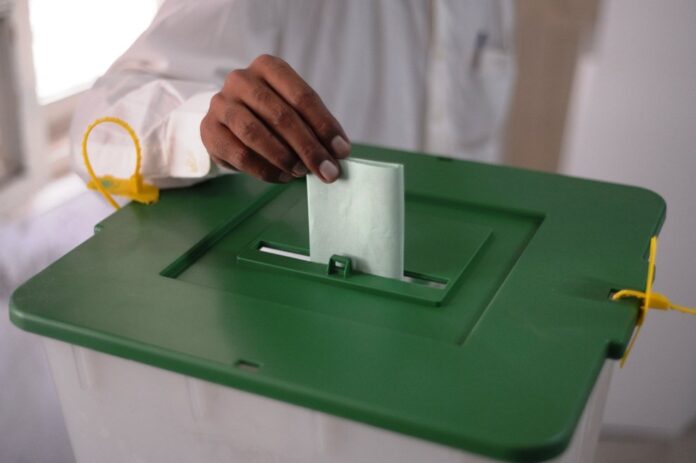The Federal Cabinet’s Economic Coordination Committee (ECC) scheduled to meet on Thursday is likely to grant approval for release of Rs18.36 billion for conducting local government elections in Sindh, Punjab, Balochistan and Islamabad Capital Territory (ICT).
As per details, the Election Commission of Pakistan (ECP) has planned to hold local government elections (LGE) in the province of Sindh, Punjab, Balochistan and Islamabad Capital Territory (ICT) and asked the cabinet division to seek necessary approval of the ECC for immediate release of funds amounting to Rs18.36 billion as Technical Supplementary Grant (TSG) to conduct LGE in Sindh, Punjab Balochistan, & ICT and for periodical revision of electoral rolls 2021-22.
According to documents, the ECP has approached the finance division through a letter dated January 3, 2022 for allocation of funds amounting to Rs18,364.707 million as TSG to conduct LGE in Sindh, Punjab, Balochistan and ICT and for periodical revision of electoral rolls.
“Keeping in view the urgency and sensitivity of the matter and the fact that various activities in connection with elections required immediate release of funds, the cabinet division is requested to kindly seek approval of the summary from ECC of the federal cabinet,” said documents.
The documents added that the summary has been seen and authorized by the honorable Chief Election Commissioner of Pakistan.
According to the ECC agenda, next meeting of the ECC will be held on Thursday under the minister for finance and revenue. The ECC is scheduled to take up eight agenda items including demand of funds for Rs18,364.707 million as TSG to conduct LGE in the country and periodical revision of electoral rolls.
























